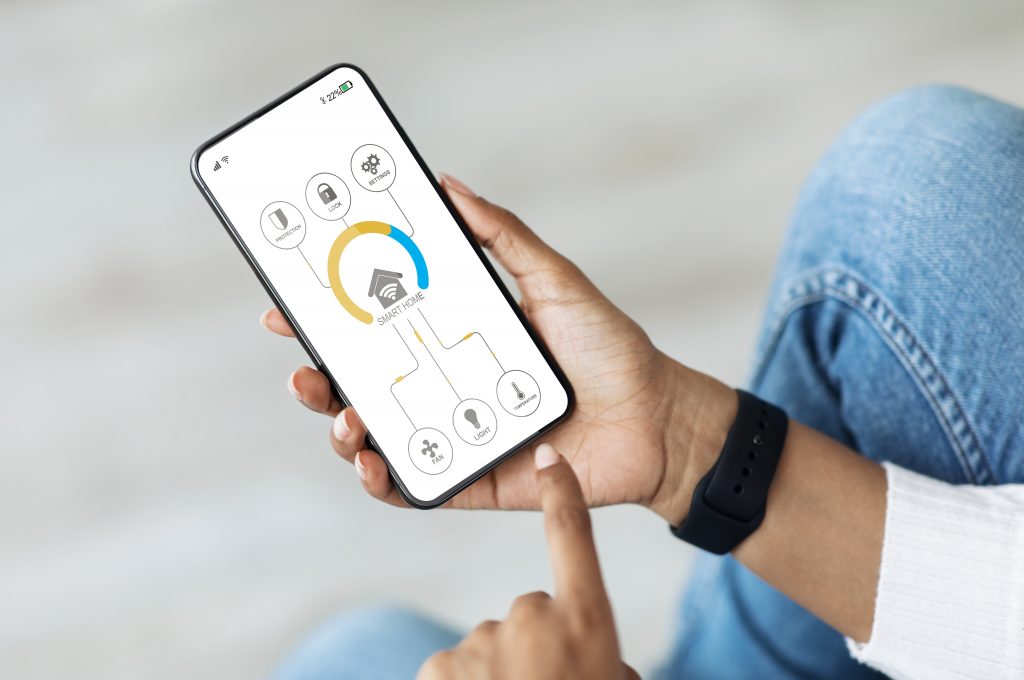Apple joined forces with 12 research institutions to expand the boundaries of medical analysis. A new framework called ResearchKit was announced Monday. The framework allows researchers to put the data users submit as well as information from the device’s sensors toward research. ResearchKit alleviates many of the pain points involved in gathering data.
On Target
Forever a fight in the marketing world is working to make the people who are most likely to use your product aware that it exists. When using ResearchKit, your marketing efforts aren’t wasted. You are reaching users already interested in participating in research. Potential participants can choose what studies to participate in and what information they are comfortable with providing.
Reach
Scientific research is fraught with hurdles and hoops to jump through. One issue ResearchKit alleviates is the difficult task of obtaining subjects. Studies need a pool of participants large enough to minimize statistical abnormalities and versatile enough to encompass the variations found in a population.
A large amount of research is done through university programs. Fliers and word of mouth are often the primary source of discovery. These grassroots efforts work well for many activities on campus, but pulling from only this group can skew the results when doing a research study.
Variety
First off, sample size is an important determining factor in accuracy and reliability. A large university has around 15,000 students. Add in the size of the surrounding city and you might beat a million. With ResearchKit, there are hundred of millions of potential guinea pigs.
Sample Size
Secondly, research requires variety. Even if you get enough people from a grassroots effort, you won’t get the variety. The majority of your sample will likely be medical students and other coeds in their mid 20’s- definitely not a representation of a typical population. Using ResearchKit, your reach is international. Although it doesn’t include everyone, it is a much more diverse pool than the people in your school and surrounding towns and neighborhoods.
Niche Participants
The opposite can also be an issue. Finding multiple people with just the right mix of characteristics can be a challenge. Your study may require participants to be a particular age, gender, or have a health condition or history of a condition. One of the sample apps, Share the Journey, is one such case. It focuses on breast cancer survivors and uses surveys and data gathered from the device’s sensors to track recovery. Their goal is to understand the varying speeds of recovery, why symptoms can vary, and what can be done to reduce them.
Laws and Regulations
There are many laws and regulations regarding health-related information. When creating an application, it is imperative that they are understood. If violated, you will not only alienate your user base, but also incur heavy fines. Apple’s HealthKit and ResearchKit take some of the stress around developing in accordance with these laws. They already have many checks in place to protect their users, thereby protecting you.
Record Keeping
Keeping records is of utmost importance for anyone in the healthcare or research fields. Incorrect recording can be disastrous. Ensuring that treatments, patient/participant data, results, permissions, etc are all recorded appropriately can also be time consuming. Having everything done via the user on the device is convenient. Researchers spend less time on paperwork and the records are kept in one place, making it less likely an important piece of information gets misplaced. Since the users are inputting their own data, there is less room for interpretation.
Quantified Self
Several of the applications currently available not only gather information in order to further medical research but also promote user health and the quantified self. Track your health, learn from the data, all the while helping research or getting feedback on ways to improve your life? It’s a great idea.
The Asthma Health App was created to assist users in monitoring their asthma as well as promote adherence to their treatment plan. The information gathered from the users will be used to study symptom triggers and personalize treatment. The GlucoSuccess app tracks diet, activity, and medication for diabetics. It allows the user to easily see correlations between their choices and glucose levels.
There’s More
Promoting the quantified self isn’t the only use for ResearchKit. The Parkinson mPower app takes full advantage of the device’s sensors. Through evaluations such as walking, finger tapping, speaking, and memory, Parkinson mPower tracks symptom progression. MyHeart Counts uses surveys, activities, and risk factors to evaluate heart health and find new ways to keep it healthy.
We’ve Got Experience
Metova is familiar with creating applications that track health, interact with hardware, and are HIPPA compliant. Ease Into 5K was created to get inexperienced people to start running and tracks their running stats over time. We have also developed a couple of applications for EKGs. One monitors fetuses and displayed the data live on a BlackBerry. The other was created as an alternative to the traditional bulky and expensive machines. It allows smaller practices to offer more comprehensive care.
ResearchKit will be available to developers next month as an open source framework.



